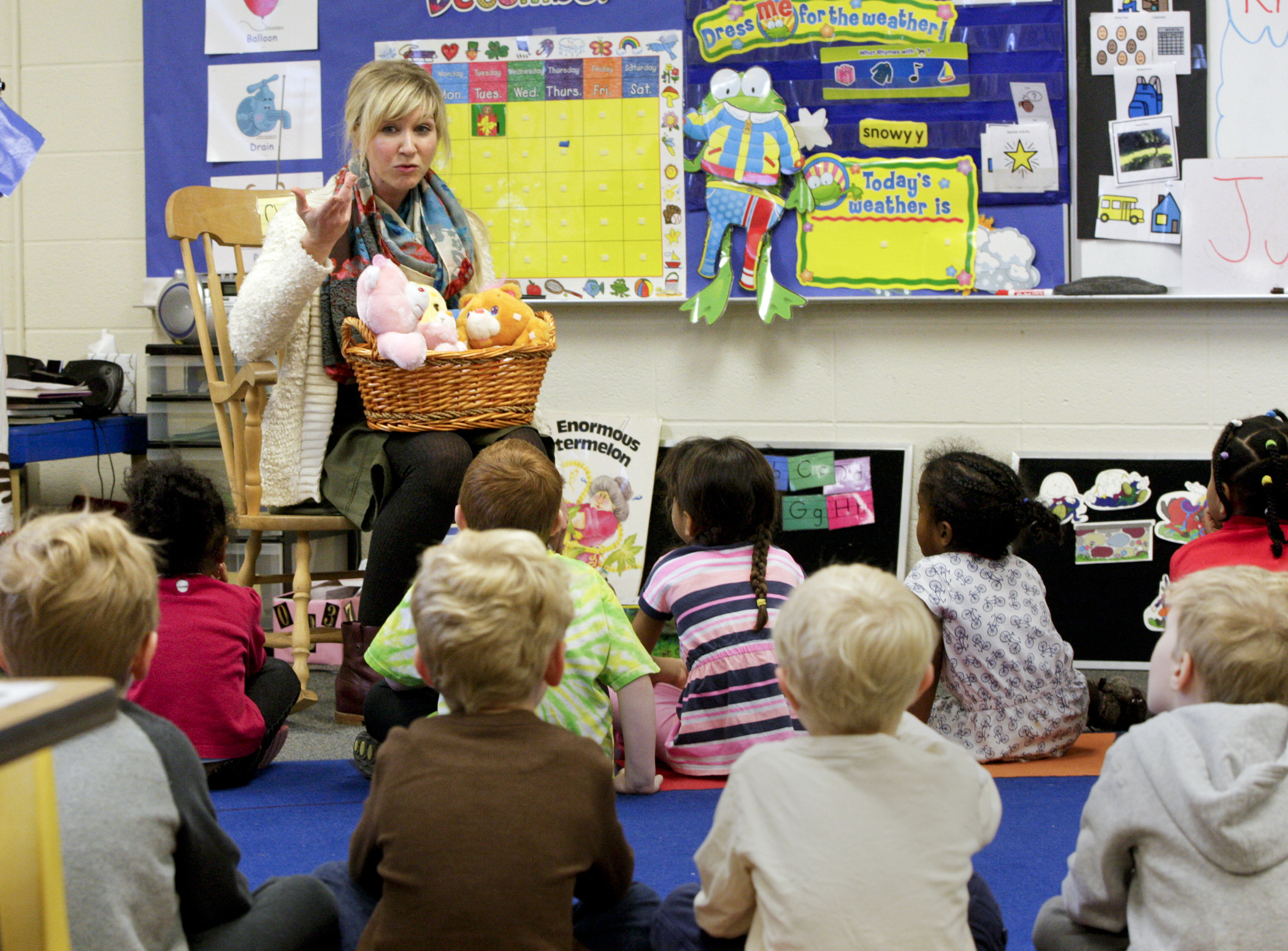House lawmakers consider package of measures to ease child care workforce ‘catastrophe’

While the workforce shortage is a major challenge for many sectors of the economy, a representative of the Minnesota Child Care Association said it has become “a catastrophe” in his industry.
Testifying Thursday before the House Children and Families Finance and Policy Committee, Phil Griffin said the state’s child care workforce is 8% lower than it was before the COVID-19 pandemic.
“We are working hard to try and fix that, but we need your assistance,” Griffin said. “The child care workforce is the workforce behind the workforce, and if you don’t have child care you don’t have other workers.”
A bill sponsored by Rep. Carlie Kotyza-Witthuhn (DFL-Eden Prairie) is meant to help. HF2106, laid over for possible inclusion in an omnibus bill, contains a package of licensing changes to provide child care centers with more workforce flexibility.
“I think this bill, as a whole, would really just ease some of the burden on our child care providers as they work to support and grow their existing workforce,” Kotyza-Witthuhn said.
Changes for licensed child care centers proposed in the bill include:
- allowing professionals who have direct care experience with vulnerable populations, such as the elderly or disabled, to count that toward the statutory hour requirements to obtain certain positions such as assistant teacher or teacher;
- allowing providers to do interviews with prospective employees in classrooms, so the candidate’s interaction with children can be observed, without a prior background check. This would save the provider time and money by not having to pay for a check on someone who fails the interview. Candidates could not be left alone with kids or be counted in the staffing ratio;
- allowing aides who are at least 18 years old to substitute for teachers during morning arrival and afternoon departure times as long as they do not exceed 25% of the center’s daily hours of operation; and
- allowing centers to hire people as teachers or assistant teachers if they are 18 years old, have been employed in a role that serves children for at least 30 days, and are enrolled in, and expected to complete, a child development associate credential program within one year of being hired. A waiver is currently needed in such situations.
A group of retired early childhood professionals called Elders for Infants submitted a letter of opposition to the bill, questioning whether significant changes to rules governing employment at child care centers are wise or effective.
“By permanently reducing credential requirements, especially by law, we put our children’s safety and development at risk,” they wrote, adding that solving the problem of low wages and benefits would be a better way to solve the workforce shortage.
Kotyza-Witthuhn said conversations on exact bill language are ongoing and Rep. Dave Pinto (DFL-St. Paul), who chairs the committee, said it could be included in a future omnibus bill addressing licensing reforms for child care centers.
Related Articles
Search Session Daily
Advanced Search OptionsPriority Dailies
Speaker Emerita Melissa Hortman, husband killed in attack
By HPIS Staff House Speaker Emerita Melissa Hortman (DFL-Brooklyn Park) and her husband, Mark, were fatally shot in their home early Saturday morning.
Gov. Tim Walz announced the news dur...
House Speaker Emerita Melissa Hortman (DFL-Brooklyn Park) and her husband, Mark, were fatally shot in their home early Saturday morning.
Gov. Tim Walz announced the news dur...
Lawmakers deliver budget bills to governor's desk in one-day special session
By Mike Cook About that talk of needing all 21 hours left in a legislative day to complete a special session?
House members were more than up to the challenge Monday. Beginning at 10 a.m...
About that talk of needing all 21 hours left in a legislative day to complete a special session?
House members were more than up to the challenge Monday. Beginning at 10 a.m...